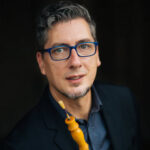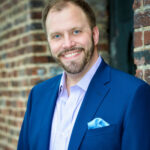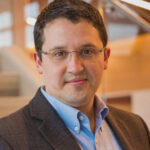
CANTO: Low-Voiced Angels of Loveliness
A true contralto voice is rare and thus is often misunderstood or mistreated. In her Canto essay, a notable contralto makes the case for carefully nurturing what's as compelling a voice type as has ever existed on stage.

CANTO: Phrase it Like a Singer?
In his Canto column, historical oboist Geoffrey Burgess argues that modern circumstances too often take us far from the collaborative nature of early music and the shared goals of singers and instrumentalists. Understandably, many singers feel the need to become generalists. But now is the time to re-evaluate our current practices.

Canto: Ending the Stigma of Singers and Hearing Loss
'We’re all keenly aware of the stigma in classical music about people with hearing loss,' writes tenor Thomas Cooley. 'The doctor asked why I was crying. I responded: I just don't know other singers who use hearing aids.'

Canto: Baroque Opera and Drag, a Natural Match
'The kinds of roles written for my voice type, as an operatic bass,' writes Michael Galvin in a personal essay, 'have never fit the roles that have excited me as a stage performer. It’s why I’ve been so drawn to early music — the farther back one goes in history, the more the lines blur between what is prescribed and what is possible.'

Canto: We Have the Technology
Even before the ubiquity of Zoom, we were all conditioned to think that in-person musical interactions are always superior to anything online. Always. But what if a musician can't spend the money or time to connect in person? The author argues that newer technology allows us a more nuanced approach: we can pick solutions that are financially, logistically, and artistically preferable.

